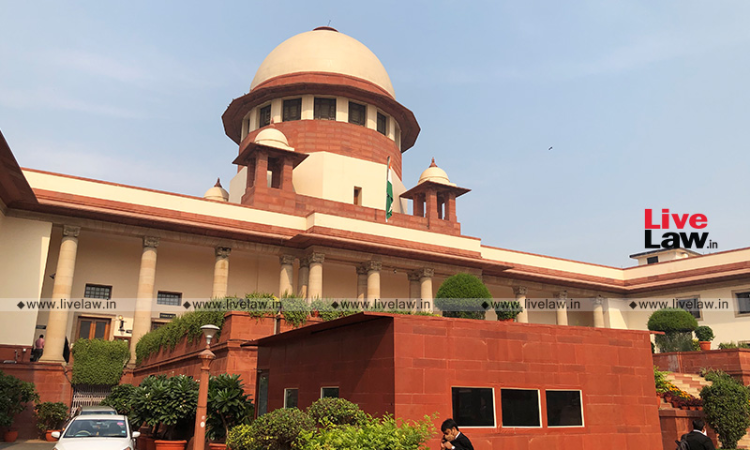MSMED Act: If Conciliation Not Successful, Arbitration Proceedings Must Be Resorted To: Supreme Court
Rashmi Bagri
18 Dec 2021 9:37 AM IST

Next Story
18 Dec 2021 9:37 AM IST
Supreme Court on Wednesday, while dealing with a matter pertaining to delayed payment of dues by Jharkhand electricity board to a Conductors supplier held that Section18 of The Micro Small and Medium Enterprise Development Act 2006 [MSMED Act] and noted that "Under S. 18(3), when conciliation fails and stands terminated, the dispute between the parties can be resolved by arbitration....
